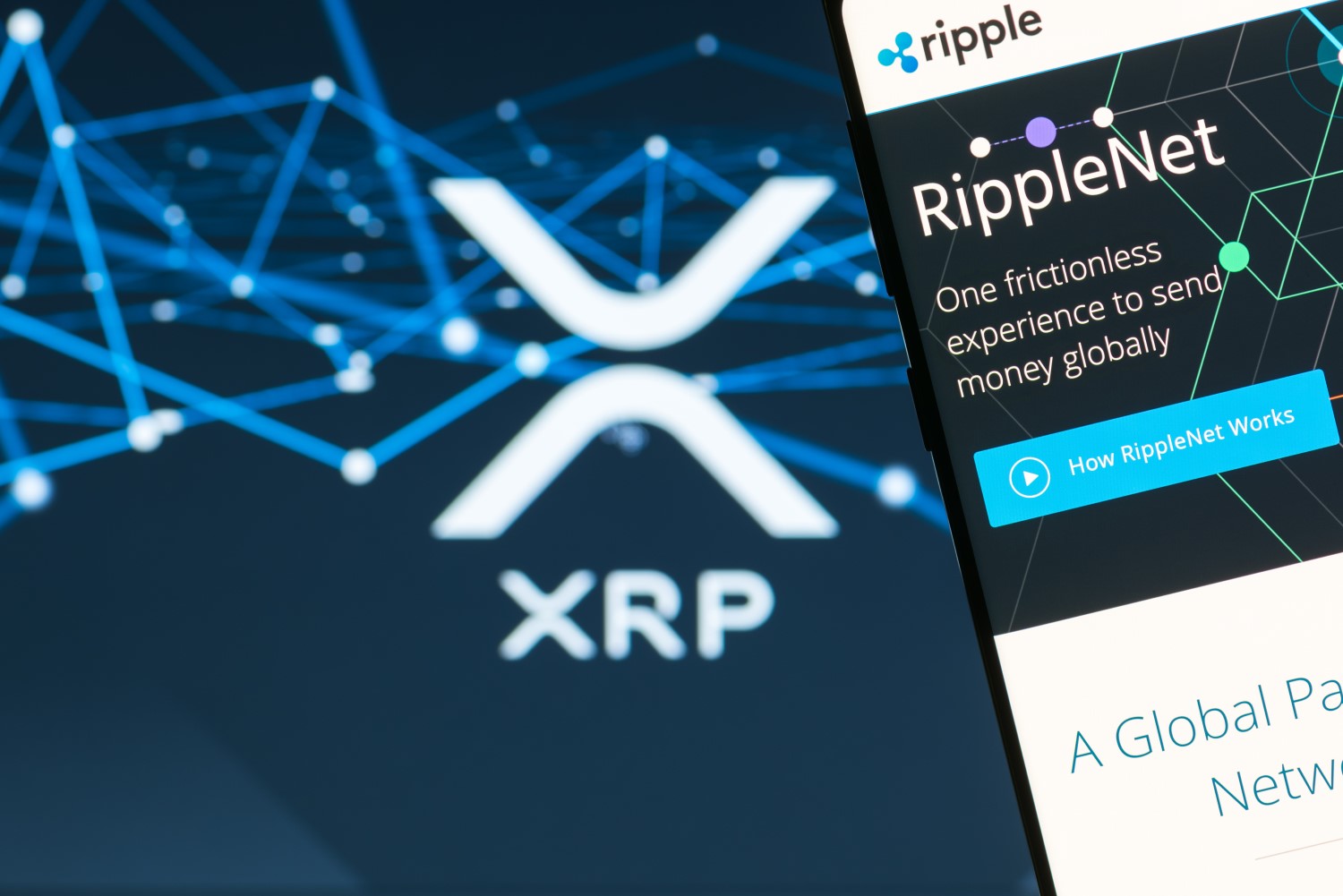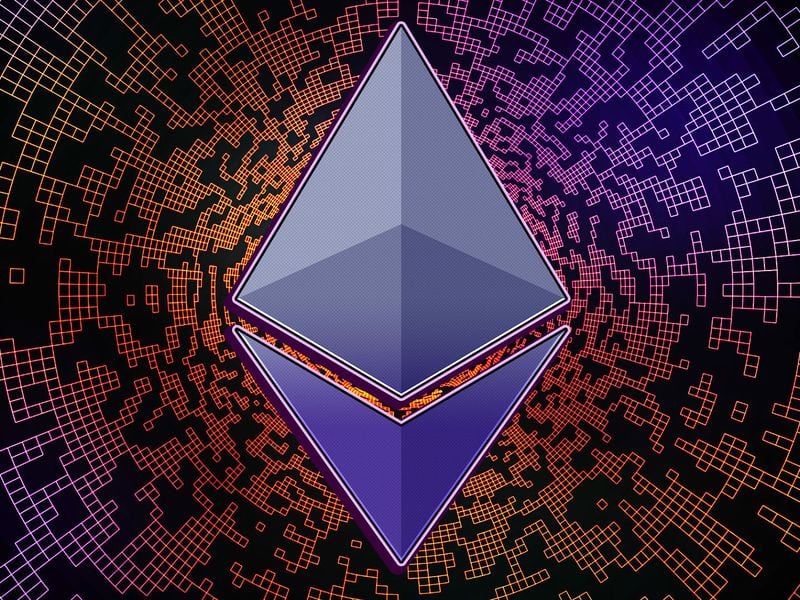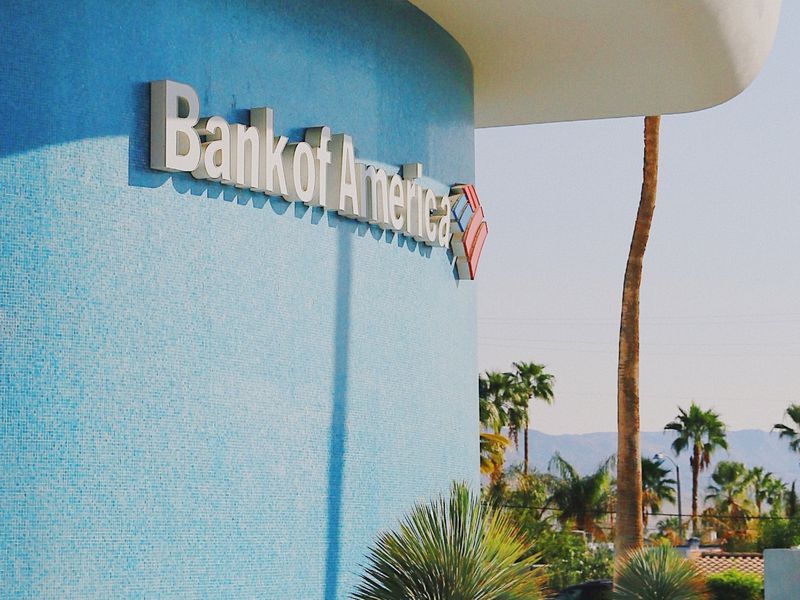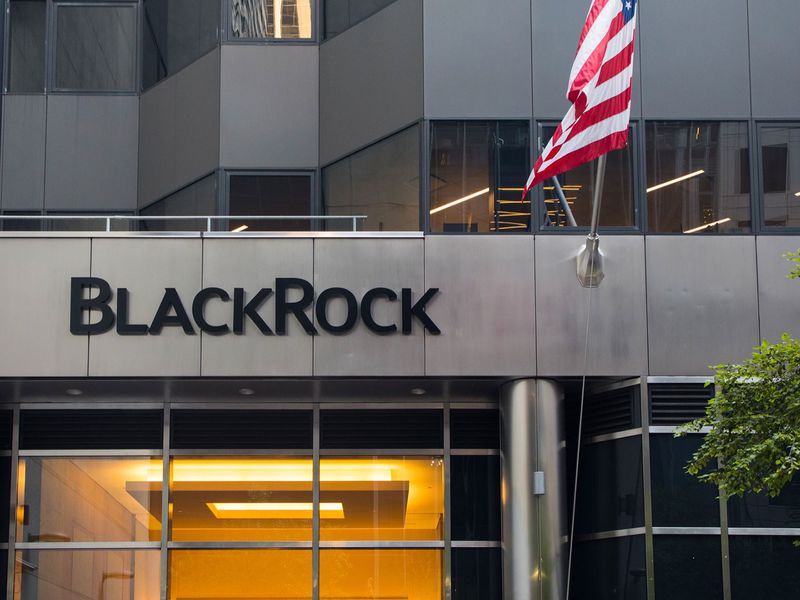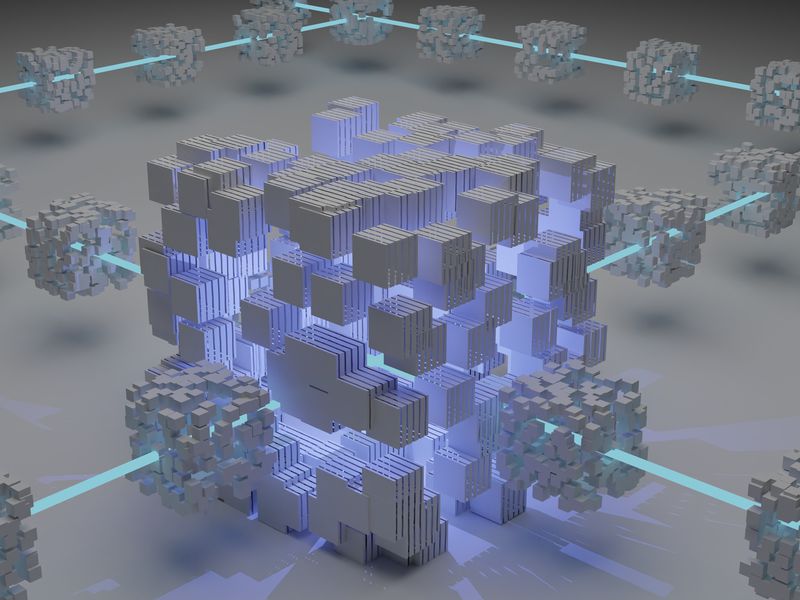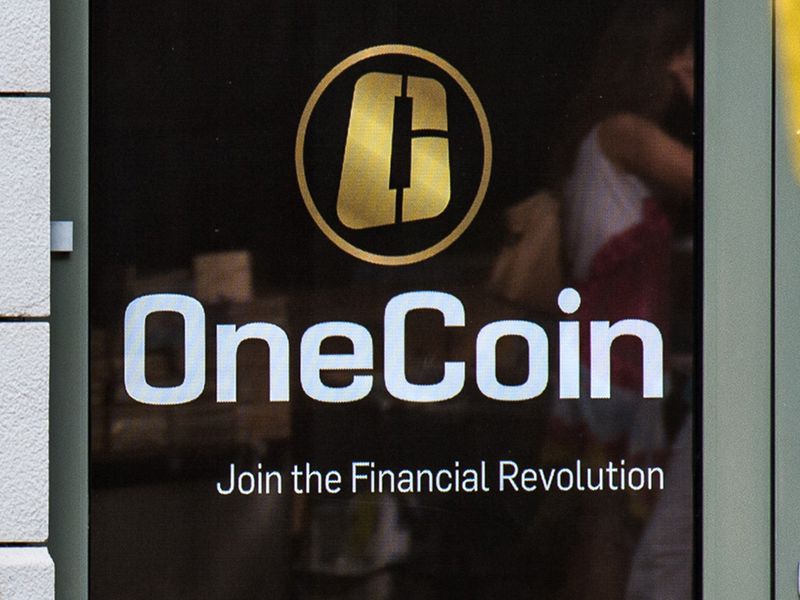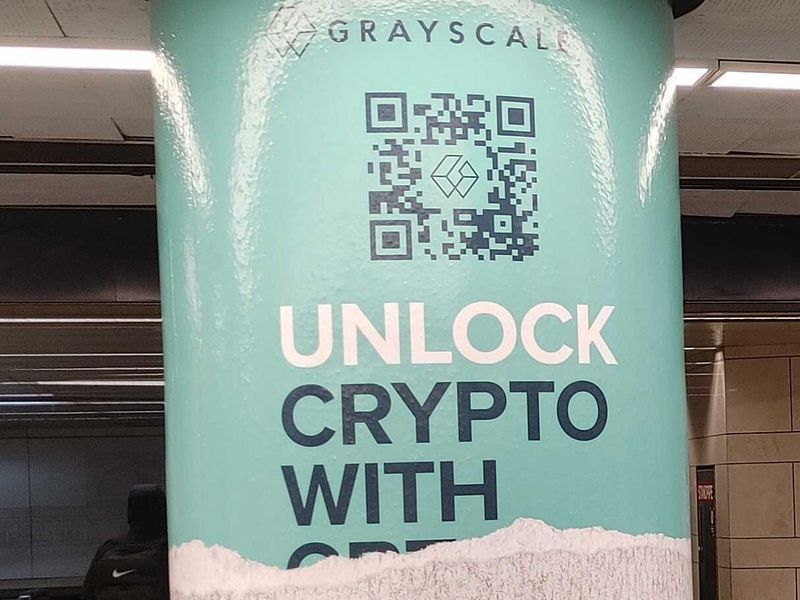Wyoming’s New DAO Bill Gives Crypto a Boost to Sweep Out Internet Incumbents
Today’s internet is dominated by an oligarchy of large tech companies like Amazon, Apple, Meta and Google. These companies control the closed networks through which we experience the internet (social media, search engines, online shopping, etc.) and they’ve used this control to do what corporations are legally designed to do: maximize profits.
Miles Jennings, general counsel at a16z crypto and David Kerr, principal at Cowrie, LLC.
This outcome is bad for consumers – these corporations have pursued consolidation of the internet with ruthless efficiency and because there are so few closed networks remaining, their owners are able to extract exorbitant value from everyone, including you.
One way to counteract this is regulation, but in the case of many of the biggest tech companies it’s too little too late. The more lasting solution is a technological change.
Fortunately, entrepreneurs around the world are using blockchain technology to build an internet without these flaws – one that returns the internet to its foundation as an open network. The open blockchain networks they’re creating function more like public infrastructure than proprietary technology – anyone can build on them, just like anyone can currently build a business using open internet networks like email and websites.
Only this technology enables far greater functionality than those early internet tools. Blockchain networks provide a foundation upon which anyone will soon be able to launch their own social network, car service, or music streaming service.
But, if we leave it to profit maximizing corporations to own these networks, we’ll end up in the same place we are now, where our entire digital world is intermediated and controlled by a handful of monolithic companies. We can’t make the same mistake again.
So, who should own and control these new open networks? Just like with America’s roads and town squares, the answer is no one, or alternatively, everyone.
Wyoming’s new legal entity structure, the “Decentralized Unincorporated Nonprofit Association” (DUNA) provides a framework for achieving this. The structure closely mirrors a legal entity structure that already exists in dozens of states, but it has been modified to enable one key benefit: decentralization.
DUNAs are not managed by officers and directors. There aren’t even managers. Instead they are controlled by large and distributed groups of members, and none of those members are required to maximize the organization’s profits. As a result, these entities are much better suited than corporations to maintain and foster the growth of internet public infrastructure.
In many ways, a DUNA can be thought of as being similar to a town council. The council’s purpose is to protect the township’s standards and operations by enforcing the codes and covenants of the community, which ultimately serves the interests of its citizens, their homes and their businesses.
Similarly, the purpose of a DUNA is to protect and support the underlying blockchain network, but like a town council, it is not itself a business. The DUNA empowers its members to ensure that blockchain networks remain open, that they do not discriminate and that they do not unfairly extract value – in other words, it protects individual property and ensures people are able to build.
The DUNA accomplishes this by solving three key challenges facing the communities that administer the affairs of blockchain networks – it gives them legal existence, enabling them to contract with third parties and appear in court, it enables them to pay taxes and provides them with limited liability. All of these benefits are commensurate with other legal entity forms and are table stakes for building in America.
The DUNA solves these challenges without exposing consumers to additional risks – consumers will be able to access these open blockchain networks via traditional businesses just like we use Google and Microsoft to send emails. If you had a problem with your email today, you wouldn’t take it up with “email,” you’d take it up with Google or Microsoft.
And even though Wyoming’s new paradigm includes the use of corporations, the fundamental difference is that corporations no longer control the underlying networks, they only control user-facing apps. That difference greatly reduces their ability to extract value.
Ultimately, the removal of the internet’s intermediaries is pushing the boundaries of our legal system, which largely relies on intermediary-based regulation. But the response to this challenge should not be to save the intermediaries, it should be to create a better system. That is precisely how Wyoming is leading the United States.

